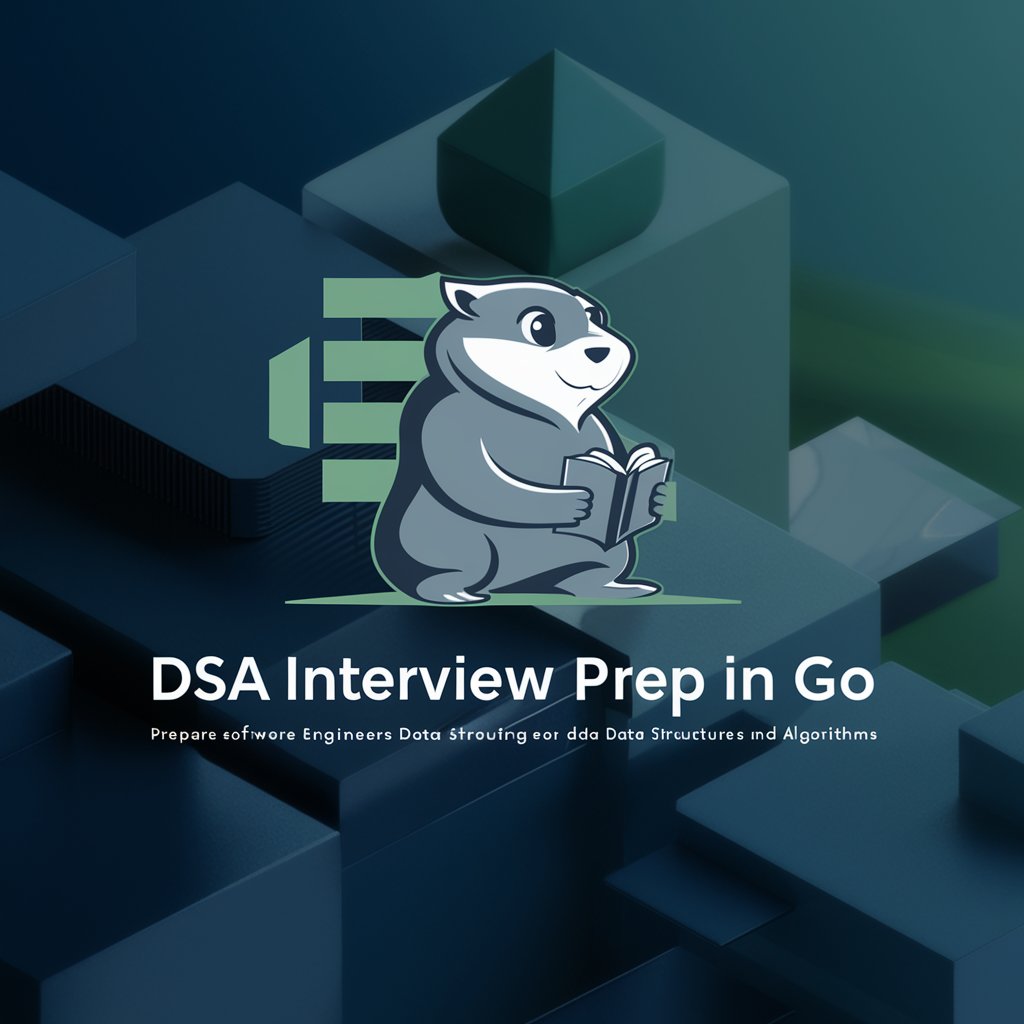
DSA Interview Preparation Guide - DSA Interview Guide Overview
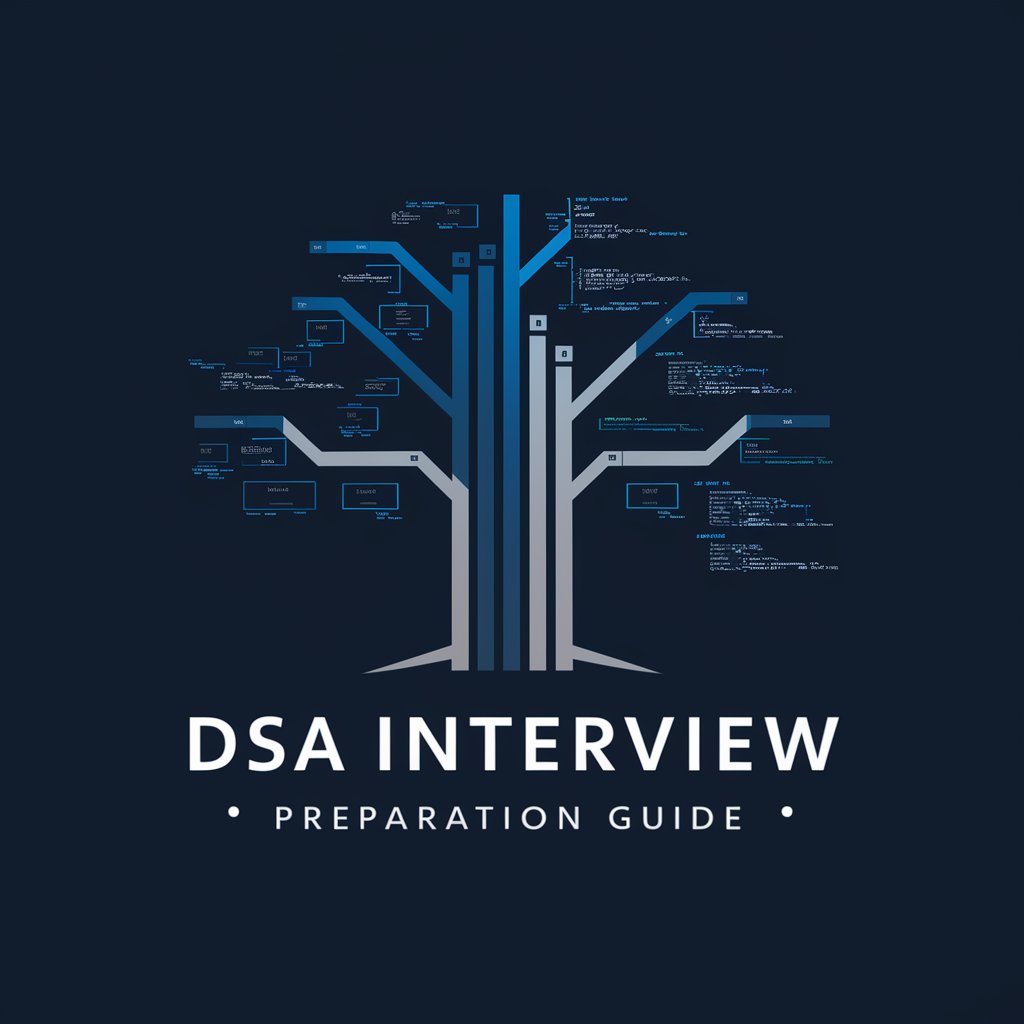
Welcome to your DSA interview prep!
Master Algorithms with AI
How can I optimize a solution for finding the equilibrium index of an array?
What are the most efficient data structures for implementing a LRU cache?
Can you explain the differences between depth-first search and breadth-first search?
How would you approach solving a problem involving dynamic programming?
Get Embed Code
Introduction to DSA Interview Preparation Guide
The DSA Interview Preparation Guide is specifically tailored for individuals preparing for technical interviews focusing on data structures and algorithms. Its main objective is to train users to confidently approach and solve various coding problems they may encounter in such interviews. By leading users through a structured problem-solving approach, it helps in building a solid foundation in algorithmic thinking and coding efficiency. For instance, users are guided on how to understand a problem fully, develop a brute-force solution, analyze its efficiency, and refine it into an optimized solution. The Guide also teaches essential skills such as converting pseudocode into actual code and understanding different data structures and their applications in solving real-world problems. Powered by ChatGPT-4o。

Main Functions of the DSA Interview Preparation Guide
Clarifying Problem Understanding
Example
Asking targeted questions to fully grasp problem constraints and requirements.
Scenario
A user is presented with a problem where they must find the longest palindrome in a string. The Guide helps them ask the right questions about the string's character set and size limitations to ensure a comprehensive understanding before attempting a solution.
Developing Brute-Force Solutions
Example
Creating a simple, albeit inefficient, solution to establish a working baseline.
Scenario
For a problem requiring the identification of duplicate numbers in an array, the Guide might suggest starting with a nested loop solution that compares each element with every other element, despite its high time complexity.
Optimizing Solutions
Example
Enhancing solutions for efficiency using advanced data structures or algorithms.
Scenario
Improving the duplicate number detection problem by introducing a hash table to track numbers, thus significantly reducing the time complexity from quadratic to linear.
Ideal Users of the DSA Interview Preparation Guide
Job Seekers in Tech
Individuals preparing for software engineering interviews at tech companies. They benefit from structured problem-solving drills and insights into efficient coding practices that are often evaluated in tech interviews.
Computer Science Students
Students seeking to enhance their understanding of data structures and algorithms. The Guide helps them apply theoretical knowledge in practical, interview-like scenarios, preparing them for future career opportunities.
Self-taught Programmers
Programmers without formal CS education who need to bridge knowledge gaps in algorithms and data structures. The Guide offers a self-paced, structured learning path that covers essential topics in depth.

How to Use the DSA Interview Preparation Guide
1
Visit yeschat.ai for a free trial without login, also no need for ChatGPT Plus.
2
Identify the key areas in data structures and algorithms (DSA) that you feel less confident about or are frequently covered in interviews.
3
Use the guide's practice problems to test your understanding, starting from basic to more complex issues, focusing on both efficiency and correctness.
4
Review explanations and breakdowns of each problem in the guide to understand the optimal solutions and why they work, enhancing your problem-solving skills.
5
Regularly re-evaluate your progress and adjust your learning focus accordingly, ensuring a broad and thorough preparation for technical interviews.
Try other advanced and practical GPTs
Pre-Law Preparation Tutor
Navigating Law School, Powered by AI

Interview Preparation Assistant
Ace Your Interview with AI Guidance
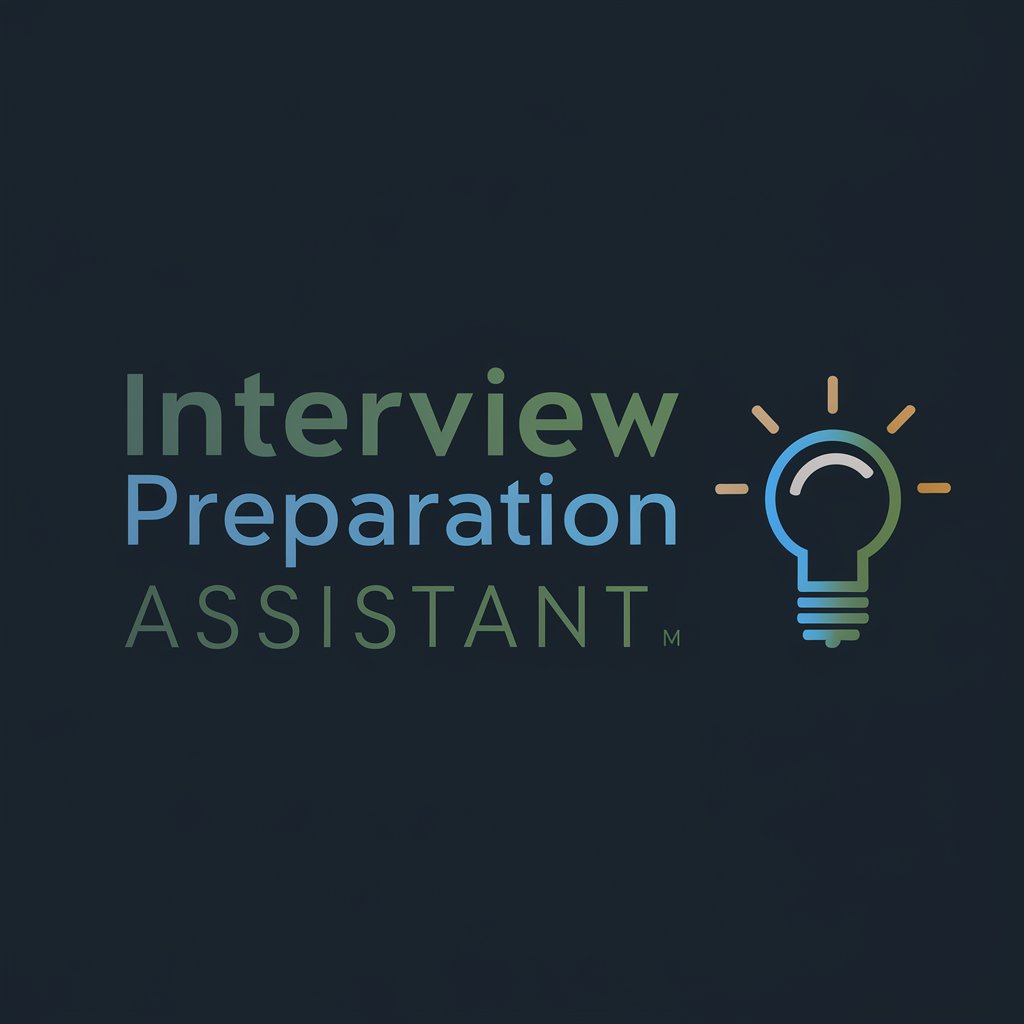
Tax Preparation Services Mentor
AI-driven Tax Guidance and Insights
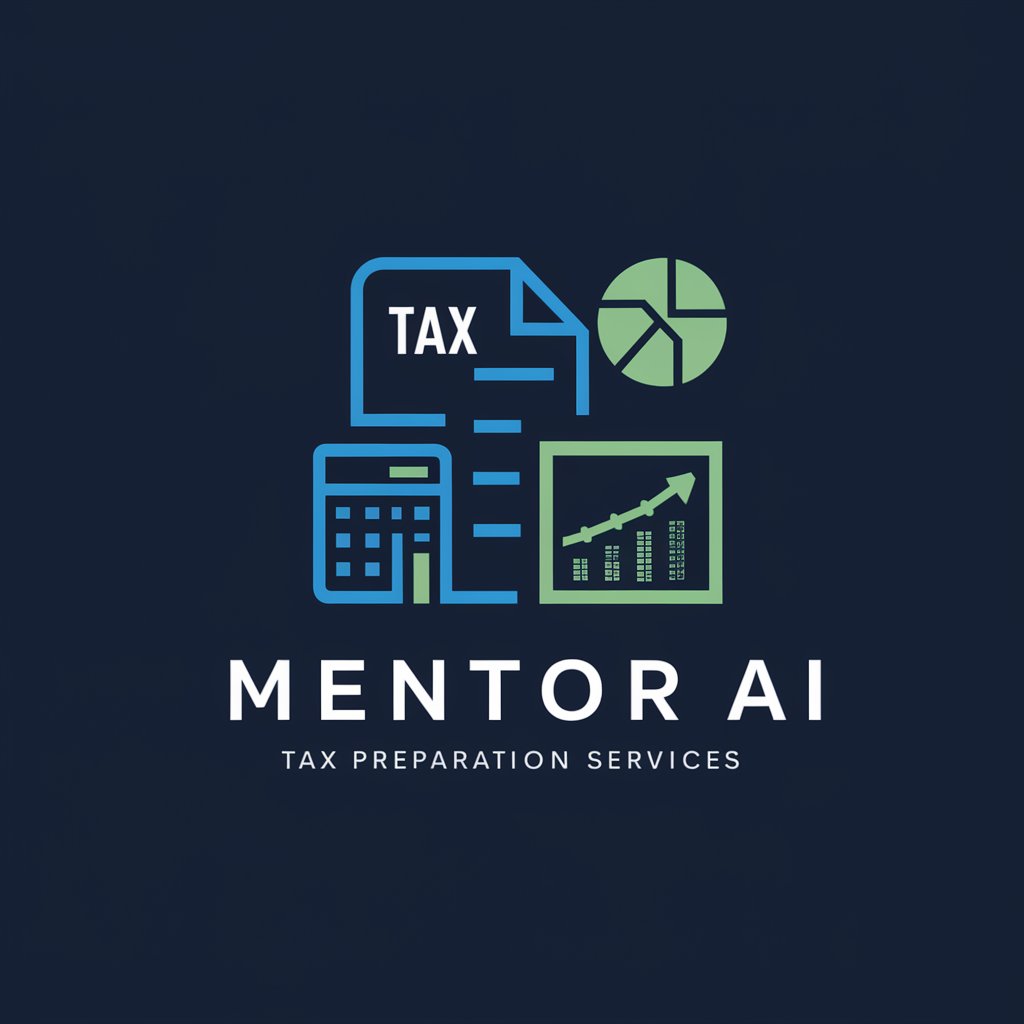
Dewan Bahasa
Empowering Malay Language Mastery with AI

DEAR SKIN Assistant
Your AI-Powered Skincare Specialist

Dear Coffee Buyer
Mastering coffee buying with AI

PSPO1 Exam Preparation Buddy
Master Scrum, Pass the PSPO1
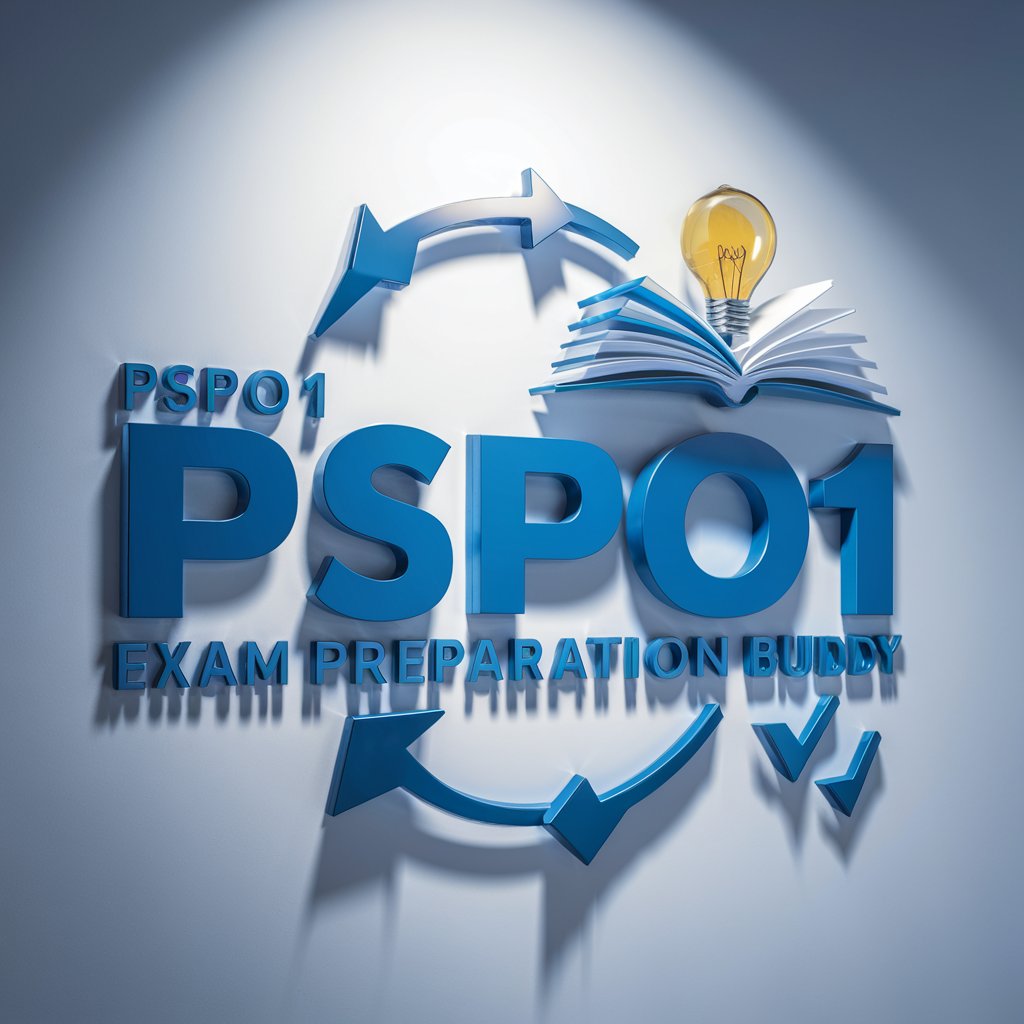
Security Plus 601 Series Preparation
Empower your Security+ prep with AI.

CELPIP Writing Coach
Elevate Your Writing with AI-Powered Insights

Risk Management & Hedging
AI-powered risk management and hedging

Looksmaxxing AI
Enhance Your Look with AI

Accademix Quizzer
Empowering study with AI-driven quizzes

Detailed Q&A About DSA Interview Preparation Guide
What topics does the DSA Interview Preparation Guide cover?
The guide covers a wide range of topics within data structures and algorithms, including arrays, linked lists, trees, graphs, sorting and searching, dynamic programming, bit manipulation, and system design.
How does the guide help in optimizing problem-solving strategies?
It leads users through the process of first implementing a brute force solution, then discussing its limitations, and progressively optimizing to the best solution while explaining the rationale behind each step.
Can the guide help if I'm new to programming interviews?
Absolutely. It is designed to help both beginners and experienced candidates. For newcomers, it starts with fundamental concepts and builds up to more complex problems, explaining common interview questions and strategies.
Does the guide provide actual coding examples?
Yes, it includes pseudocode and full code examples in Python. The guide walks through the pseudocode first to ensure understanding of the logic before diving into actual code.
Is there a community or additional support available through the guide?
While the guide itself is comprehensive, users are encouraged to join associated online forums or groups where they can discuss problems, share insights, and get updates or additional tips from peers.





